- Jibraaiyl/Jibril (Judeo-Christian Gabriel), the angel of revelation, who is said to be the greatest of the angels. Jibraaiyl is the archangel responsible for revealing the Qur'an to Muhammad, verse by verse. Jibrayil is widely known as the angel who communicates with (all of) the prophets and also for coming down with Allah's blessings during the night of Laylat al-Qadr ("The Night of Destiny").
- Jibraaiyl/Jibril (Judeo-Christian Gabriel), the angel of revelation, who is said to be the greatest of the angels. Jibraaiyl is the archangel responsible for revealing the Qur'an to Muhammad, verse by verse. Jibrayil is widely known as the angel who communicates with (all of) the prophets and also for coming down with Allah's blessings during the night of Laylat al-Qadr ("The Night of Destiny").
- Mikail (Judeo-Christian Michael), who provides nourishments for bodies and souls. Mikail is often depicted as the Archangel of mercy who is responsible for bringing rain and thunder to Earth. He is also responsible for the rewards doled out to good persons in this life. 'Azrael/'Azraaiyl a.k.a. Malak al-maut (Judeo-Christian Azrael), the angel of death. He is responsible for parting the soul from the body. He is only referred as malak al-maut, meaning angel of death, in the Qur'an.
- ". . . Then We sent to her Our angel, and he appeared before her as a man in all respects."
— Qur'an, Sura 19 (At-Tawba), ayat 17.
- "They celebrate His praises night and day, nor do they ever flag or intermit."
— Qur'an, Sura 21 (Al-Anbya), ayat 20. - ". . . For in the presence of your Lord are those who celebrate His praises by night and by day. And they never flag (nor feel themselves above it)."
— Qur'an, Sura 41 (Fussilat), ayat 38.M
No angel is able to disobey Allah due to the way Allah created angels. For this reason, Islam does not teach that Satan was a fallen angel, rather he was one of the Jinn. "O you who believe! Save yourselves and your families from a Fire whose fuel is Men and Stones, over which are (appointed) angels stern and severe, who flinch not (from executing) the Commands they receive from Allah, but do (precisely) what they are commanded." (Qur'an 66:6).
The Qur'an also mentions that angels have qualities that may be typified by the word wings: "All praise and thanks are due to Allah the Originator of the Heavens and Earth, Who made the angels messengers with wings, two or three or four..." . - Qur'an, sura 35 (Fatir) ayat 1. However, according to hadith collected by Muhammad al-Bukhari, Muhammad said that Gabriel had 600 wings; Narrated Abu Ishaq-Ash-Shaibani, I asked Zir bin Hubaish regarding the Statement of Allah :
- So did (Allah) onvey The Inspiration to His slave (Gabriel) and then he (Gabriel) Conveyed (that to Muhammad). (53.9-10) On that, Zir said, "Ibn Mas'ud informed us that the Prophet had seen Gabriel having 600 wings." — Sahih al-BukhariVolume 4, Book 54, Number 455.
- Praise be to Allah, Who created (out of nothing) the heavens and the earth, Who made the angels, messengers with wings,- two, or three, or four (pairs): He adds to Creation as He pleases: for Allah has power over all things. — Qur'an, sura 35 (Fatir) ayat 1
- The angels of the Seven Heavens.
- Hafaza (The Guardian Angel):
- Kiraman Katibin (Honourable Recorders), two of whom are charged to every human being; one writes down good deeds called Raqib, and the another one called Atid writes down evil deeds.
- Mu'aqqibat (The Protectors) who keep people from death until its decreed time and who bring down blessings.
- Jundullah, Those who helps prophet Muhammad in the battlefield
- The angels who violently pull out the souls of the wicked,
- Those who gently draw out the souls of the blessed,
- Those (angels) who distribute (provisions, rain, and other blessings) by (Allah's) Command.
- Those (angels) who drive the clouds.
- Hamalat al-'Arsh, Those who carry the 'Arsh (throne of God), comparable to the Christian Seraph
- Arham, Those that give the spirit to the foetus in the womb and are charged with four commands: to write down his provision, his life-span, his actions, and whether he will be wretched or happy.
- The Angel of the Mountains
- Munkar and Nakir, who question the dead in their graves.
- Darda'il (The Journeyers), who travel in the earth searching out assemblies where people remember God's name.
- The angels charged with each existent thing, maintaining order and warding off corruption. Their number is known only to God.
- Ridwan is the angel who is responsible for Jannah (Paradise)
- Maalik is the chief of the angels who govern Jahannam (Hell)
- Zabaniah are 19 angels who torment sinful persons in hell
- O ye who believe! save yourselves and your families from a Fire whose fuel is Men and Stones, over which are (appointed) angels stern (and) severe, who flinch not (from executing) the Commands they receive from Allah, but do (precisely) what they are commanded. — Qur'an, sura 66 (At-Tahrim) ayat 6.
- Behold! The angels said: O Mariam! God giveth thee glad tidings of a Word from Him: his name is Isa the son of Mariam, held in honour in this world and the Hereafter and of (the company of) those Nearest to God. — [Al-Qur’an 3:45].
- Say: Whoever is an enemy to Gabriel-for he brings down the (revelation) to thy heart by Allah's will, a confirmation of what went before, and guidance and glad tidings for those who believe,- Whoever is an enemy to Allah and His angels and messengers, to Gabriel and Michael,- Lo! Allah is an enemy to those who reject Faith. — Qur'an, sura 2 (Al-Baqara) ayat 97-98.
- They will cry: "O Malik! would that thy Lord put an end to us!" He will say, "Nay, but ye shall abide!" — Qur'an, sura 43 (Az-Zukhruf ) ayat 77.
- ...and such things as came down at Babylon to the angels Harut and Marut. — Qur'an, sura 2 (Al-Baqara) ayat 102.
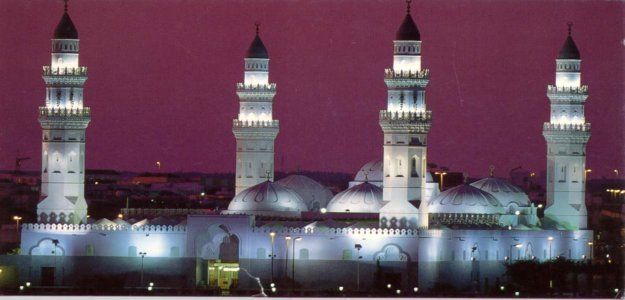
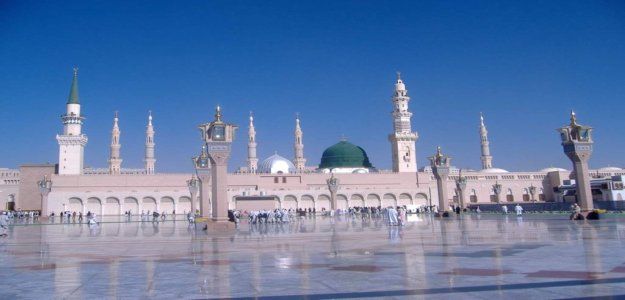
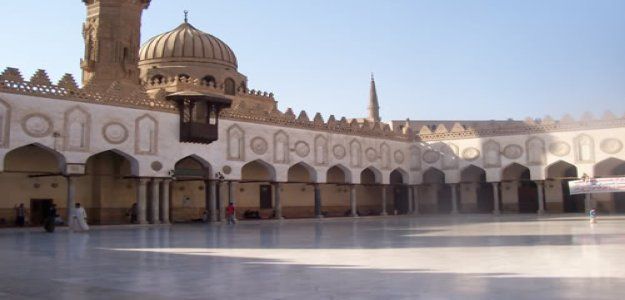
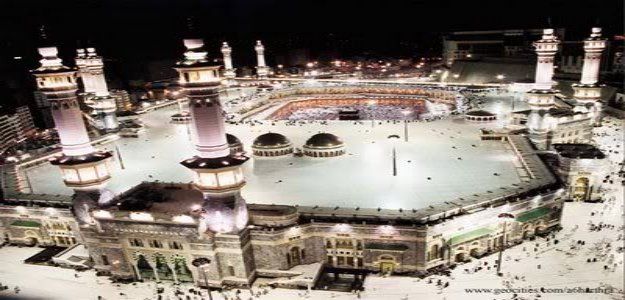
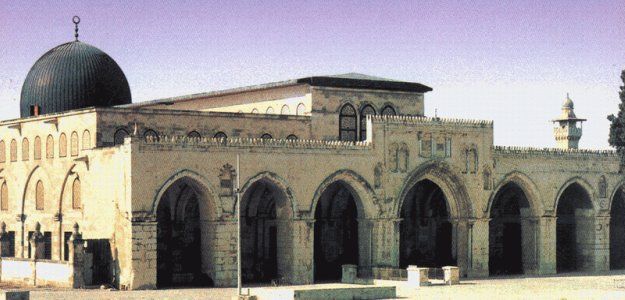














0 comments:
Post a Comment